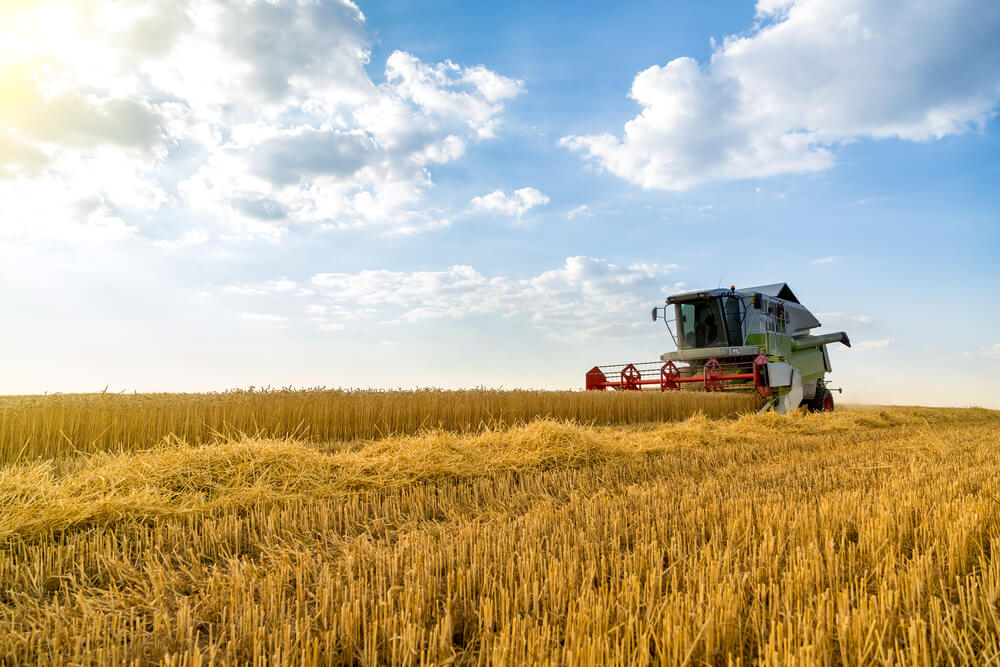Business Session 6
Business Session 6 (Code BS 6): 13 November 2019 (14:00 – 15:15 hrs.)
Session Theme: New sustainable financing sources and digital technology to mitigate
high transaction costs and other agricultural development barriers
Session Organizer: Latin American Association of Development Financing Institutions (ALIDE)
Background:
Technological change has been the major driving force for increasing agricultural productivity and promoting agriculture development in all countries across the globe. In the past, the choice of technologies and their adoption was to increase production, productivity and farm incomes. Over many decades, policies for agriculture, trade, research and development, education, training and advice have been strong influences on the choice of technology, the level of agricultural production and farm
practices. Ranking technologies and identifying possible future trends can help the policy making process in moving towards sustainable agriculture.

Problem statement:
Technologies that can contribute to an economically efficient farm sector and the financial viability for farmers, while improving environmental performance and which are socially acceptable, will provide “triple dividends” to sustainability. Technological developments are rapidly evolving and information on the costs and benefits of adopting technologies in agriculture is often imperfect. Until recently, the impacts of farm technologies were assessed according to relatively few, generally clear and measurable criteria: production, productivity, farm incomes, employment and trade. Assessing sustainability is more complex when environmental and social considerations must be taken into account.
Expected Output:
This session will take up environmental conservation in agricultural development finance by linking up agricultural banks with international financial organizations that promote the financing of environmentally sustainable agricultural projects, the adoption of environmental risk assessment in agriculture and the issuance of green bonds as new financing sources, on the one hand. And on the other, several of the challenges that must be met to provide rural financing will be reviewed. These range from the low density and remoteness that raise transaction costs to the low level of earnings and high rate of exclusion prevailing in the rural sector, which result in the insufficiency of complementary services that make it possible to obtain information about the capacity of potential borrowers; and how these barriers can be reduced by means of remote technological developments (telephone applications, drones, identification of borrowers using social networks and mobile telephones) and by linking up with companies that conduct rural operations (purchasers of raw materials and sellers of inputs and services). In this connection, the expectation is to arrive at recommendations during the session for producing a greater impact on international financing of sustainable agriculture and regarding the use of technology and production chains in accrediting qualified agricultural borrowers. The session details appended below:
| 14:00 to 15:15 | Business Session 6 (Code BS 6) Session Theme: New sustainable financing sources and digital technology to mitigate high transaction costs and other agricultural development barriers (Session hosted and organized by ALIDE, Lima, Peru) |
|
